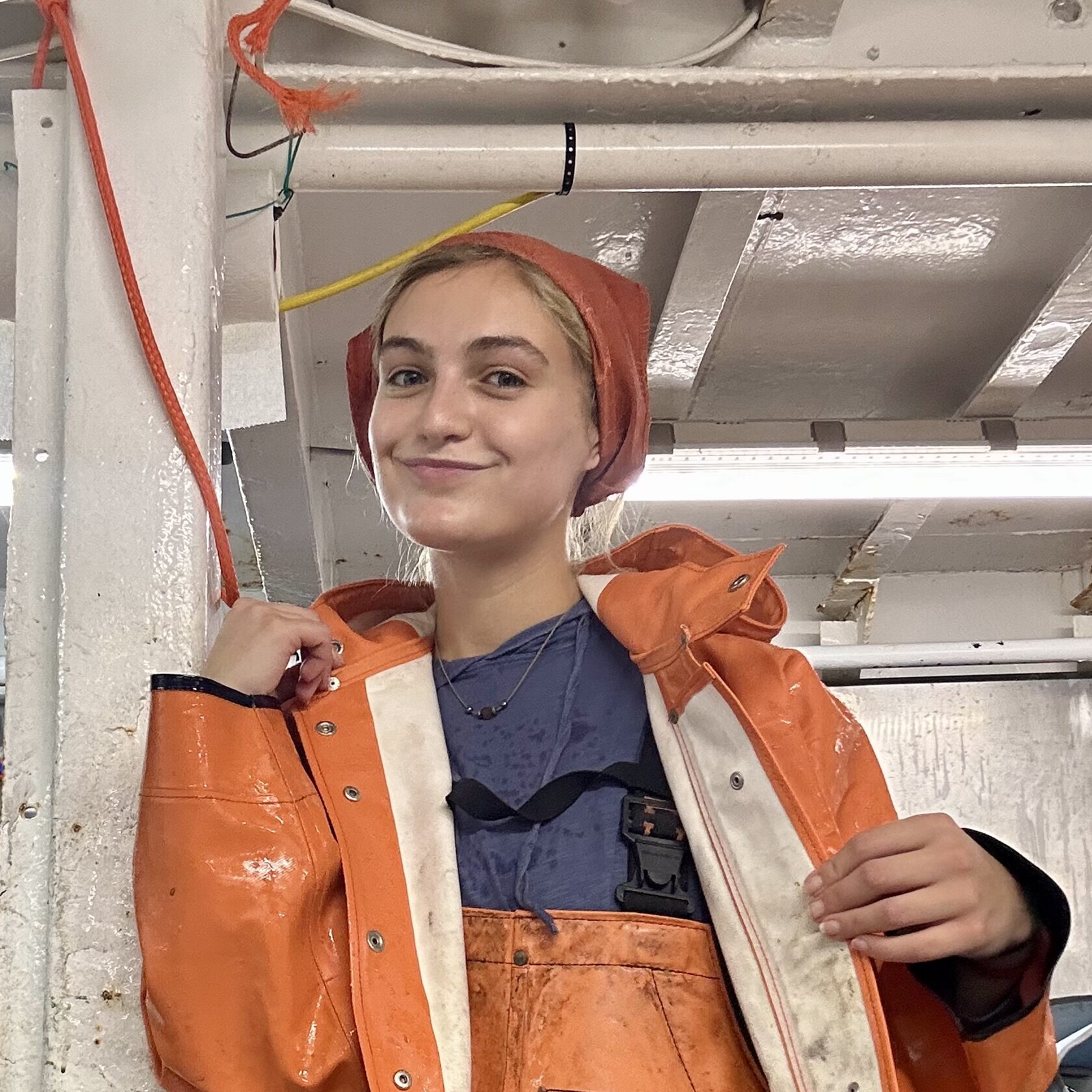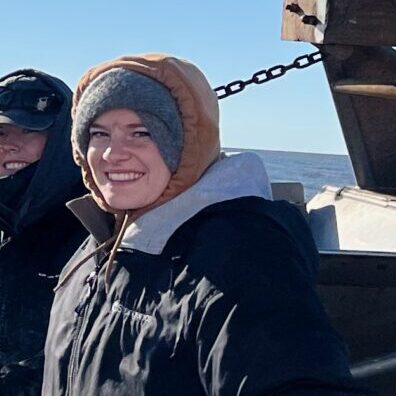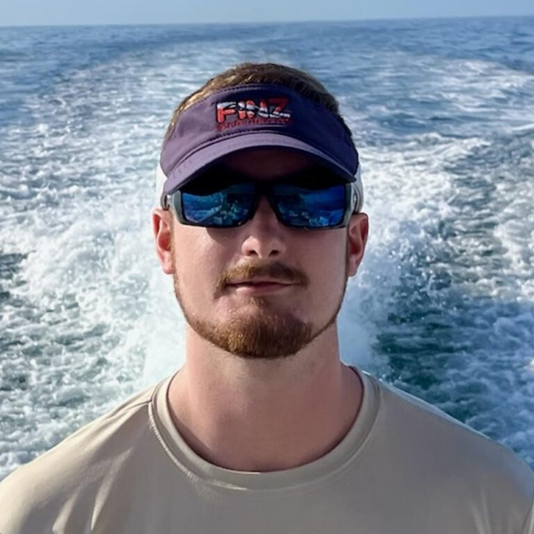Paige Radcliffe
Marine Resources Program Monitor

Paige assisted in the Atlantic Shores Surfclam Survey and the BOEM Trawl Survey in the fall of 2024. This required visits to the Haskin Lab for survey prep. She also served as a Marine Resources Program Monitor for Rutgers Cooperative Extension of Ocean County and has over a year experience as a Northeast Fisheries Observer. She attained her undergraduate at the University of New Hampshire and Masters in Energy and Environmental Management at the University of Connecticut. Currently a lab and field technician for Barnegat Bay Partnership, she works in areas of water quality, species surveying and educational outreach.

